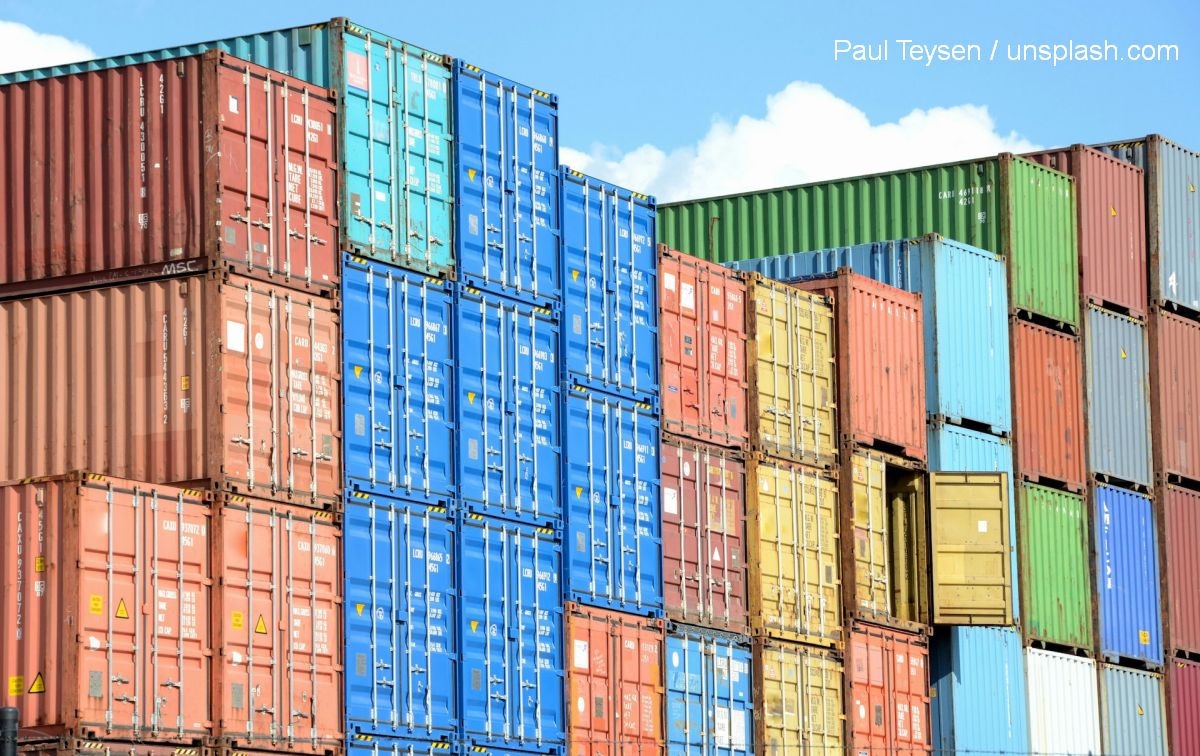Decisions in Bucharest Regarding Migration
Romania has not yet been affected by the waves of refugees that have been crossing the neighboring countries trying to reach Western Europe. Bucharest officials, however, have decided to take some precautionary measures.
Warning: Trying to access array offset on null in /home/web/rri.ro/public/wp-content/themes/rri/template-parts/content.php on line 53

Warning: Trying to access array offset on null in /home/web/rri.ro/public/wp-content/themes/rri/template-parts/content.php on line 98
Corina Cristea,
28.08.2015, 12:18
News of thousands of refugees,
mostly Syrian, transiting every day countries such as Macedonia and Serbia on
their way to Western Europe make all the headlines these days and stay high on
the European political agenda. Alongside Greece, Italy is one of the countries
most exposed to the massive flow of immigrants, with over 104,000 people from
Africa, the Middle East and South Asia reaching the Italian ports this year
alone.
After having tolerated for weeks the massive flows of such immigrants
coming through Greece, last week the Skopje government accused the Greek
authorities of deliberately guiding the immigrants towards Macedonia.
Therefore, they declared a state of emergency and deployed police and army
forces to the area, to put a stop to that massive inflow. Crossing the border
was banned last Thursday for 24 hours, but later the immigrants were again
allowed to pass.
So far avoided by the waves of immigrants, Romania has decided
to take some measures anyway. The more so as neighbouring Hungary is about to
build a 4 metre high and 175 metre long fence on its border with Serbia, to
prevent the immigrants from entering its territory. Following Thursday’s
meeting of the National Committee for Special Emergency Situations, the
security vice-premier, Gabriel Oprea, announced that Romania would tighten
security on the border with Serbia. He explained that, although Europe was
faced with an unprecedented migration crisis, which raised pressure in the
southern and south-eastern parts of the EU, in Romania, the attempts to
fraudulently cross the border and the number of asylum applications were still
low, within last year’s parameters. However, some measures will be taken,
focusing mainly on monitoring the situation in the region.
Gabriel Oprea: We intend to intensify
cooperation between the national authorities, in order to ensure safety and
security on the national borders, to increase the operational capacity on the
border with Serbia, and to boost the operational capacity in the areas at risk,
by means of fixed and mobile equipment, used both during the day and at night.
Gabriel Oprea also said that
Bucharest was considering the development of an infrastructure that would
enhance the accommodation capacity for immigrants, although Romania already has
six regional accommodation centers, with a total capacity of some 1,500 places,
which are only 20% occupied at the moment.






























